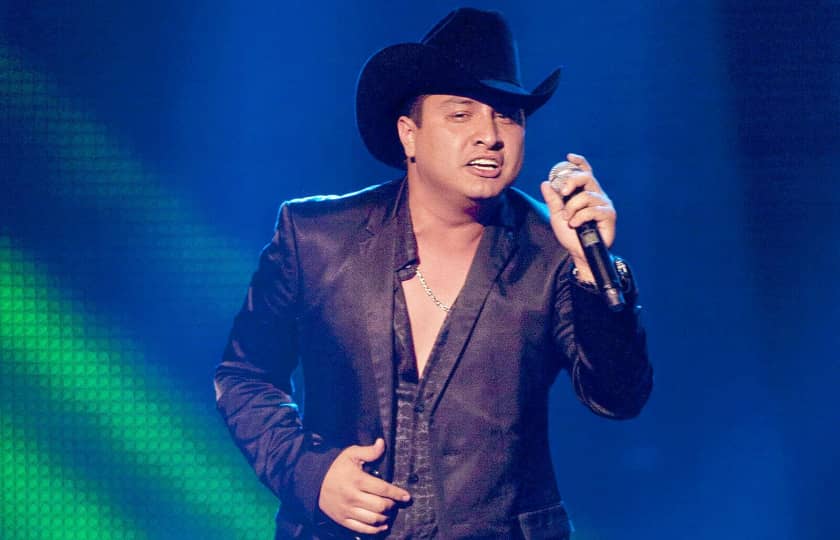Dallas, Texas, is known for its vibrant culture, lively music scene, and a plethora of festivals and events that attract both locals and tourists alike. However, the city’s weather plays a significant role in shaping these festivities. The various seasons bring unique weather patterns that can influence attendance, event planning, and overall experiences. This article explores how Dallas weather impacts local festivals and events, providing insights into how organizers adapt to climatic conditions to ensure successful outcomes.
Understanding Dallas Weather Patterns
Dallas experiences a humid subtropical climate characterized by hot summers and mild winters. Understanding these weather patterns is crucial for event planners and attendees alike. Here’s a brief overview of the seasonal weather in Dallas:
- Summer (June to August): Hot and humid, with temperatures often exceeding 95°F (35°C).
- Fall (September to November): Mild temperatures ranging from 70°F to 80°F (21°C to 27°C), with lower humidity levels.
- Winter (December to February): Generally mild, with occasional cold fronts bringing temperatures below 32°F (0°C).
- Spring (March to May): A period of fluctuating temperatures, typically ranging between 60°F and 80°F (16°C to 27°C), with a higher chance of thunderstorms.
Seasonal Festivals in Dallas
Dallas hosts a variety of festivals throughout the year, each with its unique charm and challenges posed by the weather. Below are some key festivals and how the local climate affects them:
Summer Festivals: Embracing the Heat
Summer festivals in Dallas, such as the Dallas Arts Festival and the Deep Ellum Arts Festival, often have to contend with the sweltering heat. Despite the challenges, these events thrive by incorporating strategies to keep attendees comfortable:
- Shade Solutions: Many summer festivals provide shaded areas with tents and canopies to offer respite from the sun.
- Water Stations: Organizers often set up water stations to encourage hydration, ensuring that attendees remain safe and enjoy the festivities.
- Evening Events: Some festivals shift their schedules to start later in the evening when temperatures are cooler, enhancing attendance and overall enjoyment.
An example is the annual “Dallas Summer Musicals,” which capitalizes on the vibrant night scene to attract visitors, often scheduling performances after sunset to avoid the heat of the day.
Fall Festivals: A Perfect Climate

Fall in Dallas is often characterized by pleasant weather, making it an ideal time for outdoor events. Festivals like the Texas State Fair take advantage of this season:
- Comfortable Temperatures: With average temperatures in the 70s°F (20-30°C), attendees can comfortably explore the fairgrounds.
- Scenic Decor: The changing leaves and crisp air enhance the aesthetic appeal of fall festivals, attracting larger crowds.
- Outdoor Activities: The mild climate allows for various outdoor activities, including rides, games, and live performances.
Statistics show that the Texas State Fair attracts over 2 million visitors each year, a testament to the favorable weather during this time.
Winter Festivals: Adjusting to the Cold

Winter festivals, such as “Christmas in the Square,” face unique challenges due to colder temperatures. Organizers must adapt to ensure a festive atmosphere:
- Heating Solutions: Many events provide heaters and cozy seating areas for guests to enjoy holiday activities comfortably.
- Indoor Activities: Events often include indoor options, such as craft fairs and performances, to keep visitors warm.
- Seasonal Themes: The cold weather lends itself to winter-themed activities, such as ice skating and holiday markets, which can still attract crowds despite the chill.
For instance, the “Dallas Holiday Parade” is a popular event that embraces the winter season, showcasing vibrant floats and holiday cheer that draw in thousands, regardless of the cold.
Spring Festivals: Preparing for Unpredictability
Spring in Dallas can be unpredictable, with a mix of warm and cooler days, along with the potential for thunderstorms. Festivals like the “Dallas Blooms” at the Dallas Arboretum must prepare for various weather scenarios:
- Weather-Related Contingencies: Organizers often have rain plans in place, including tents and indoor options to ensure the event can continue in adverse weather.
- Flexible Scheduling: Some events may adjust their schedules to accommodate forecasts, moving activities indoors if necessary.
- Promoting Safety: Safety measures are enhanced during spring festivals, with organizers closely monitoring weather conditions and communicating with attendees.
The “Dallas Blooms” festival, which showcases stunning floral displays, attracts over 100,000 visitors each spring, demonstrating that even with the unpredictability of the season, the allure of nature prevails.
The Role of Technology in Managing Weather Challenges

As weather patterns become increasingly unpredictable due to climate change, many festival organizers are turning to technology for assistance. Innovations are helping to manage and mitigate weather-related challenges:
- Weather Apps: Organizers utilize advanced weather forecasting apps to make informed decisions about event scheduling and safety protocols.
- Social Media Updates: Real-time updates on social media platforms keep attendees informed about potential changes due to weather conditions.
- Mobile Ticketing: Technology allows for flexible ticketing options, enabling attendees to adjust their plans based on weather forecasts.
These technological advancements not only help in practical planning but also enhance the overall experience for festival-goers, ensuring they have the most enjoyable time despite weather challenges.
The weather in Dallas significantly influences local festivals and events, affecting everything from attendance to event planning. Each season presents unique challenges and opportunities for festival organizers. By understanding local weather patterns, employing technology, and adapting strategies, Dallas festivals can thrive year-round, providing enjoyable experiences for attendees. As the city continues to grow and evolve, the resilience and creativity of its event planners will ensure that Dallas remains a vibrant hub for cultural celebrations, regardless of what the weather may bring.

/cdn.vox-cdn.com/uploads/chorus_image/image/46755360/usa-today-8696995.0.jpg)


